
Sword-and-sandal, also known as peplum, is a subgenre of largely Italian-made historical, mythological, or biblical epics mostly set in the Greco-Roman antiquity or the Middle Ages. These films attempted to emulate the big-budget Hollywood historical epics of the time, such as Samson and Delilah (1949), Quo Vadis (1951), The Robe (1953), The Ten Commandments (1956), Ben-Hur (1959), Spartacus (1960), and Cleopatra (1963). These films dominated the Italian film industry from 1958 to 1965, eventually being replaced in 1965 by spaghetti Western and Eurospy films.

Massimo Serato was an Italian film actor with a career spanning over 40 years.
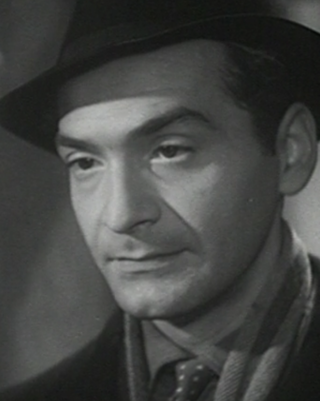
Andrea Checchi was a prolific Italian film actor.

Carlo Ludovico Bragaglia was an Italian film director whose career spanned from the 1930s to the mid-1960s. He mainly directed adventure pictures and popular comedies, including some starring Totò. His 1942 film Non ti pago! was shown as part of a retrospective on Italian comedy at the 67th Venice International Film Festival.

Nerino "Nerio" Bernardi was an Italian stage and film actor. He appeared in nearly 200 films between 1918 and 1970.

Carlo Tamberlani was an Italian film actor. He appeared in 127 films between 1931 and 1976. His brother Nando Tamberlani was also an actor.
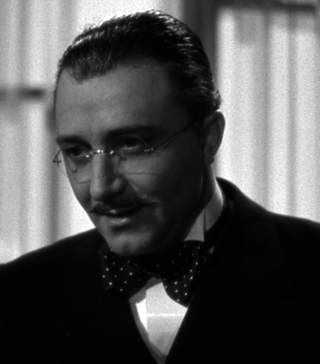
Enrico Musy, better known as Enrico Glori was an Italian actor.

Ettore Manni was an Italian actor, active in film and television from 1952 and 1979. He was a popular leading man during the 1950’s and ‘60s, when he was a star of the peplum genre. In the following decade, he primarily played supporting roles, with his last appearance in Federico Fellini's City of Women (1980).

Piero Lulli was an Italian film actor. He appeared in 111 films between 1942 and 1977. He was the younger brother of actor Folco Lulli.
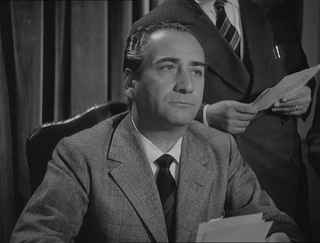
Nino Marchetti was an Italian film actor. He appeared in 66 films between 1934 and 1973.

Giulio Calì was an Italian film actor. He appeared in more than 60 films between 1927 and 1966.

Pietro Mario Pastore, also known as Piero Pastore was an Italian professional footballer who played as a striker; he later became an actor.
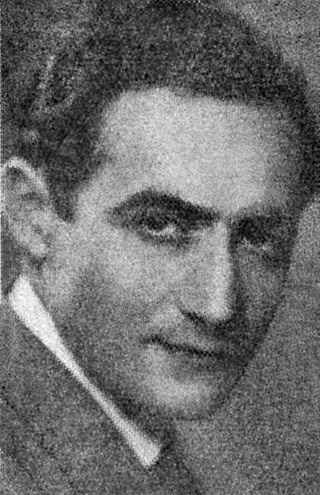
Carlo Innocenzi was an Italian composer.
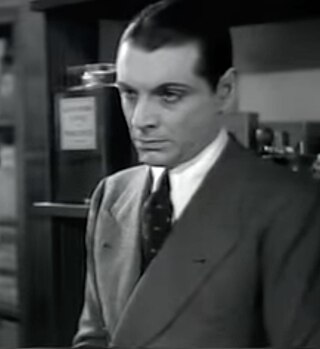
Mino Doro was an Italian actor who appeared in more than a hundred films between 1932 and 1970. Doro generally played supporting and character roles. He appeared as a blackshirt in the 1934 Fascist propaganda film The Old Guard.

Enzo Maggio was an Italian actor. He was the oldest of the Maggio siblings.

Carla Calò was an Italian actress.
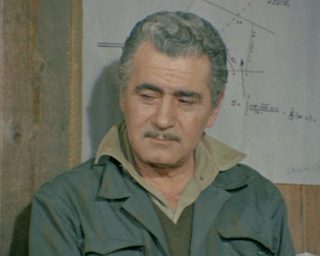
Ignazio Balsamo was an Italian film and stage actor.

Emma Baron was an Italian stage and film actress.
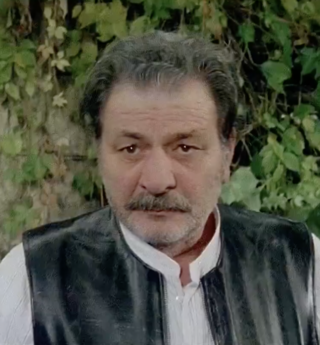
Furio Meniconi was an Italian film and television actor.
Roberto Cinquini was an Italian film editor.


















